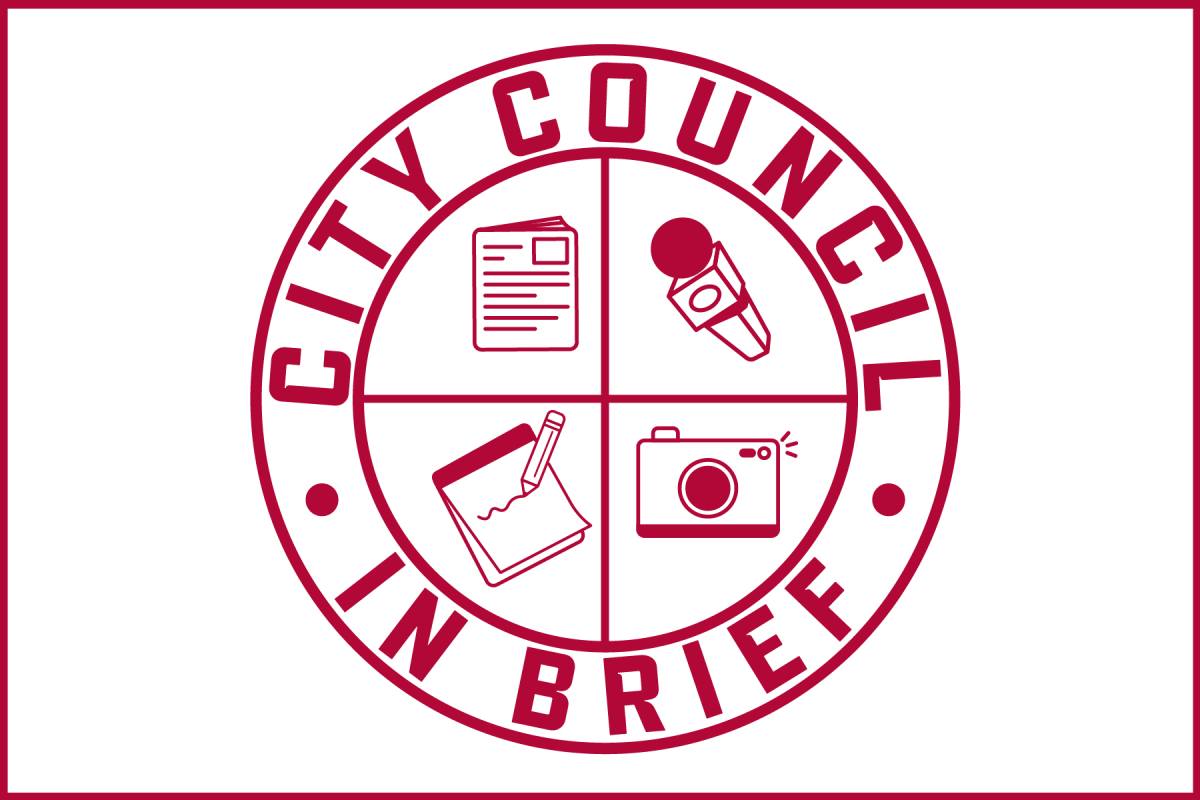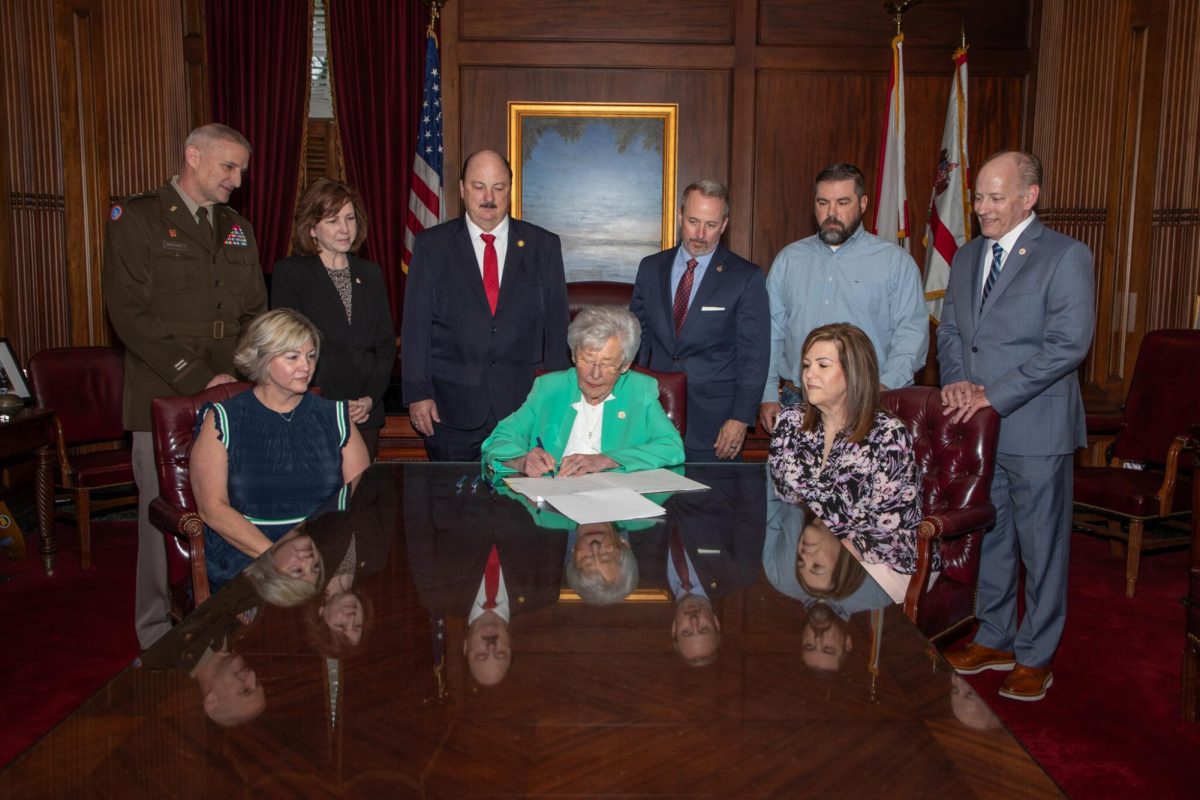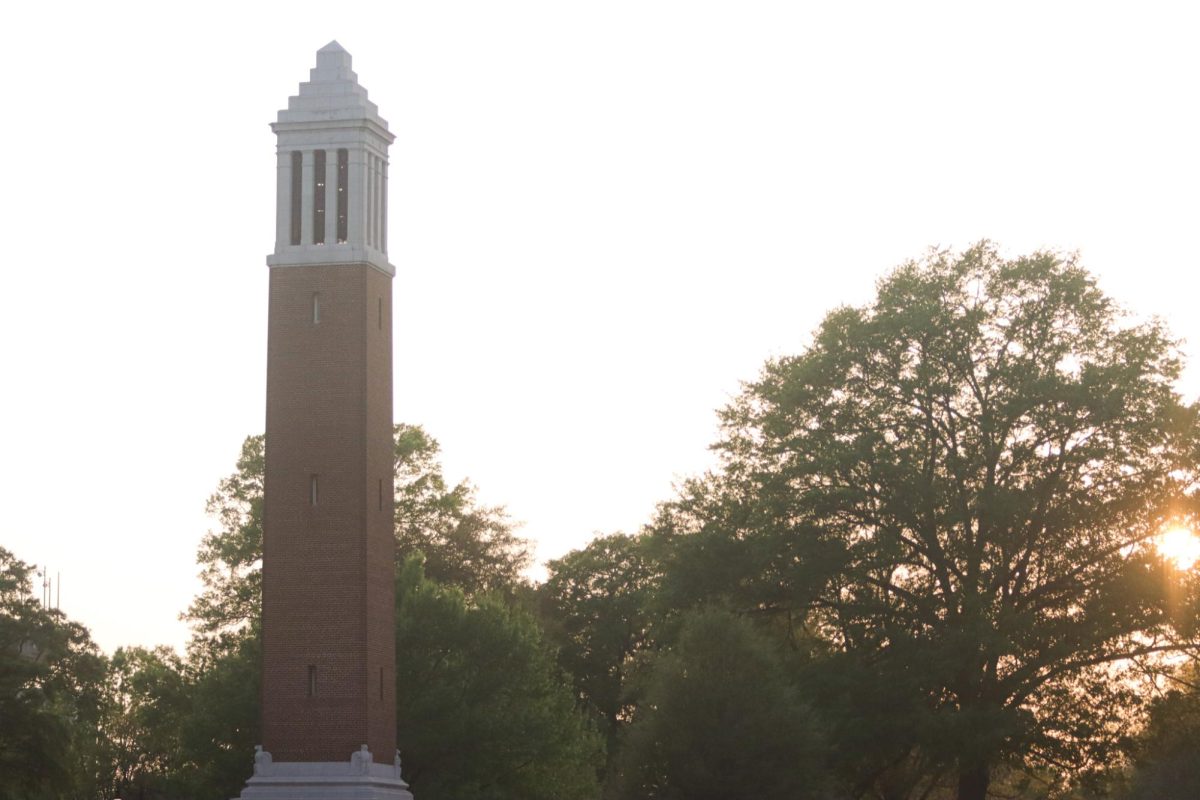The University of Alabama offers a program known as the Guardian Program to provide additional personal safety options to students, faculty and staff.
The program allows those enrolled to alert UAPD to set a passive timer based on their expected arrival and departure times in and around the campus and Tuscaloosa areas. If the passive timer is not deactivated or the emergency button is activated, then it also sends a direct alert to UAPD. In such a situation, the Guardian Program’s software provides UAPD with profile information, entered into the system through myBama, for students and a GPS location.
Sgt. John Hooks of the University of Alabama Police Department said the program is popular among those eligible for enrollment and is effective in enhancing student safety and protection, though they do not have data regarding how many alerts UAPD receives from the Guardian Program.
“58,865 users have registered since the project was initiated three years ago. That includes students, faculty and staff,” Hooks said. “The Guardian Program and the emergency blue phones are just two ways that we try to enhance student safety, and both of these programs function in different, but effective, ways.”
Jimmy Williamson, the chief of police for the University of Georgia, believes that apps for smartphones and programs similar to the Guardian Program at The University of Alabama are the future of student security on campuses.
“The emergency blue light phones are a great technology of yesterday. In my opinion, the future of student safety are mass area notification systems and smartphone apps,” Williamson said. “You will be very hard-pressed to find a student who doesn’t have a mobile phone, and smartphones are becoming very common on campuses.”
Williamson also described a smartphone app similar to UA’s Guardian Program.
“The smartphone app that we use is called LifeLine Response. It allows students to hold a button for short distances or set a passive timer for longer distances and activities, and if they get to their destination safely, they can enter a PIN number which deactivates the system, and if not, the app causes an alarm to engage and alerts a call center,” Williamson said. “It can also be immediately alerted by entering the PIN one digit higher, in cases of duress where an assailant is demanding for the program to be deactivated. In either case, when the call center is alerted the UGAPD is dispatched to the GPS coordinates.”
Hooks detailed the advantages of the Guardian Program and other technologies, such as the ones utilized by the University of Georgia and others.
“This program is an effective option that we are able to provide students for accessing emergency services. Guardian, and other similar programs, provide an advantage because we have immediate access to the student’s profile information and the GPS location, if the phone carrier provides that information, when the call comes in to dispatch,” Hooks said.
He said programs like Guardian enable the police to use current technology to respond more effectively to emergency situations.
“Our goal is to provide students many ways through which they can access emergency services, realizing that all may not be practical or accessible in every situation,” Hooks said.
To sign up for the UA Guardian Program, students can access the Guardian link through the myBama page and enter their information to create their profile. The program is free.








